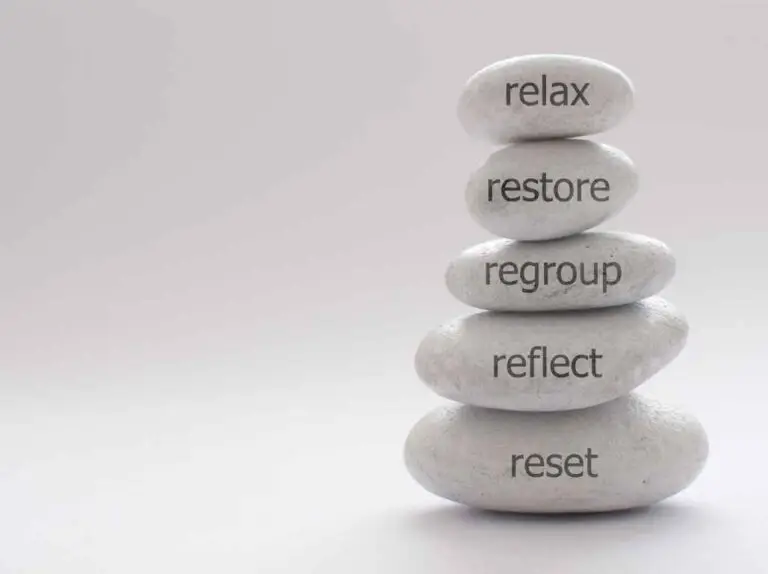Mindfulness Healing in Addiction Recovery: Path To Recovery
Mindfulness healing is trending as a new way to take control of your feelings, reactions, and actions. When you’re suffering from addiction, every aspect of your life is out of control and dangerous. Recovery is finding new ways to live and restore the joy of life. Mindfulness has become one of the key components to creating a satisfying and productive life. Here’s why.
In recovery, so many battles are fought daily and victories are hard-won. Mindfulness is now emerging as a beacon of hope and healing. As individuals traverse the tumultuous journey of overcoming addiction, the practice of mindfulness offers a transformative pathway toward long-lasting recovery. In the heartland of the United States, where the epidemic of addiction has left deep scars, cultivating mindfulness stands as a powerful tool for those seeking solace and redemption.
Mindfulness Healing Helps To Lessen Cravings and Triggers
Mindfulness, rooted in ancient Eastern philosophies but embraced widely in Western therapeutic approaches, entails the conscious awareness of the present moment without judgment. It beckons individuals to observe their thoughts, emotions, and bodily sensations with gentle acceptance, fostering a profound connection with oneself and the world. In the context of addiction recovery, mindfulness serves as a guiding light, illuminating the path toward self-discovery, resilience, and sobriety.
Mindfulness Healing Helps People Stay Centered And Present
One of the primary challenges individuals face in addiction recovery is the incessant tug-of-war with cravings and triggers. Whether it’s the allure of substances or the allure of familiar environments, the journey toward sobriety is fraught with obstacles. Mindfulness intervenes as a steadfast ally, offering a sanctuary within the chaos.
By cultivating mindfulness, individuals learn to observe cravings as passing phenomena, allowing them to ride the waves of discomfort without succumbing to the undertow of addiction. Through mindful awareness, they develop the capacity to pause, breathe, and make conscious choices aligned with their values and aspirations.
Mindfulness Healing Breaks The Cycle Of Shame And Guilt
Addiction often thrives in the shadows of shame and guilt, perpetuating a cycle of self-destructive behaviors. Mindfulness, however, invites individuals to embrace themselves with compassion and forgiveness. By practicing self-compassion, individuals in recovery learn to treat themselves with the same kindness and understanding they would offer to a dear friend facing similar struggles. This profound shift in self-perception fosters a sense of worthiness and belonging, laying the groundwork for genuine healing and transformation.
In the heart of communities, where addiction’s grip tightens its hold on countless lives, mindfulness emerges as a beacon of hope and healing. Whether in bustling cities or quiet rural towns, the principles of mindfulness resonate deeply with individuals navigating the labyrinth of addiction recovery. Mindfulness-based interventions, such as mindfulness-based relapse prevention (MBRP) and mindfulness-based stress reduction (MBSR), have gained traction in addiction treatment programs across the nation, offering evidence-based approaches to support long-term recovery.
Mindfulness Healing: Get Connected
Mindfulness extends beyond individual healing to encompass the fabric of relationships and communities. The opioid crisis has ravaged families and torn apart social networks everywhere, cultivating mindfulness fosters empathy, understanding, and solidarity. By practicing mindful communication and presence, people in recovery forge authentic connections rooted in vulnerability and mutual support. Through group mindfulness sessions and community gatherings, they find solace in shared experiences and collective wisdom, reinforcing their commitment to sobriety and resilience.
Mindfulness Healing Conclusion
In conclusion, as America grapples with the profound challenges of addiction, cultivating mindfulness emerges as a beacon of hope and healing. From the bustling streets of urban metropolises to the serene landscapes of rural America, the practice of mindfulness offers individuals in recovery a transformative pathway toward healing and wholeness. By embracing mindfulness with openness and curiosity, we not only embark on a journey of self-discovery but also sow the seeds of compassion, resilience, and connection that flourish within the fertile soil of mindful awareness. Together, let us cultivate mindfulness as a cornerstone of addiction recovery, igniting the flames of healing and renewal across the nation.
If you or someone you know is struggling with addiction and it is affecting your relationships with others, turn to Maui Recovery, a luxury drug rehab in Maui.
More Articles To Read About Recovery
Get Your Mind Body Link Healthy
Dealing With Addiction Issues: Why You Should Go To A Rehab
10 Tips For Anxiety And Panic Attacks





















